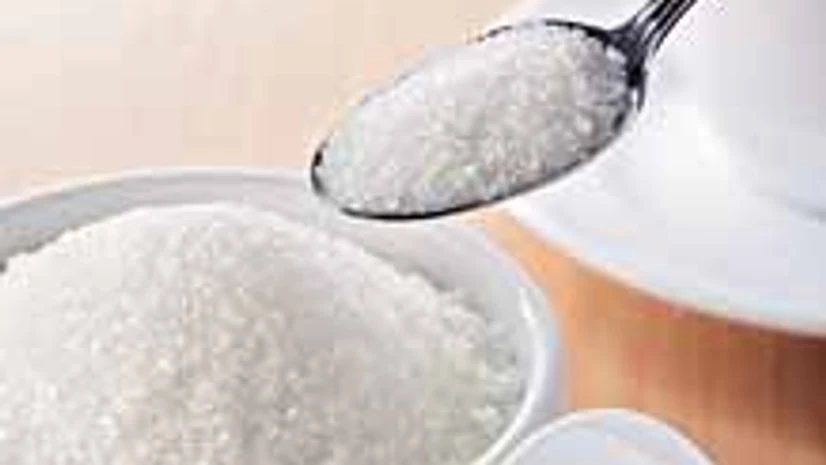Nor are the near- to medium-term prospects of most companies any sweeter. The only development which could revive sentiment is if the government goes ahead with decontrol of the industry.
Sugar prices have fallen from a peak of around Rs 39 a kg in August 2012 to the current levels of Rs 34 a kg. And, the cost of sugarcane procured by the companies has gone up 16-17 per cent compared to the earlier season. This has taken place while there is surplus sugar in the country and it is also difficult to sell abroad, given lower international prices.
A Fitch group company, India Ratings, says it has a negative outlook for sugar manufacturing companies for 2013, considering likelihood of a deterioration in their financial profile. It said the operating margins of companies in 2013 were likely to be below the 2012 levels (of 13 per cent), as sugar margins (October 2012-September 2013) might fall to Re 1 a kg or lower. Thus, the financial leverage (debt to operating earnings of 4.8 times in 2012 and 3.9 times in 2011) is expected to worsen. This is based on financial statements of 18 listed companies.
The concern is more for companies based in the north. Recently, Uttar Pradesh raised its State Advised Price (SAP) for cane by Rs 40 a quintal (100 kg), to Rs 280 a qtl. This is the highest in India and far more than the central government’s Fair and Remunerative Price (FRP) of Rs 170 a qtl. Uttar Pradesh is estimated to produce a third of the country’s output in sugar season 2013 and is home for Bajaj Hindusthan, Balrampur Chini and Dhampur Sugar Mills, among the major players in the country. Cane accounts for 85-90 per cent of operating cost and based on the new SAP, the cost of producing sugar is likely to be Rs 33-34 a kg, far more than the ruling price (on an average, companies are able to recover a kg of sugar from every 10 kg of cane).

Similarly, in the case of Balrampur Chini, HDFC Securities’ analyst has reduced the earnings before interest, taxes, depreciation and amorisation (Ebitda) estimates by 39.4 per cent and profits by 83 per cent for FY14, due to higher cane cost. Dhampur Sugar, too, is expected to report a loss in its sugar business.

In this situation, Maharashtra-based companies such as Shree Renuka Sugars and south-based ones such as EID Parry could be in a better position. In Maharashtra, the cost of production is Rs 30-32 a kg. Renuka is much more diversified, with large exposure to sugar refining, where margins and volumes are still comfortable. However, for Renuka, the worry stems from its high debt levels and not from the operating performance, as about half its operating profit goes towards paying interest cost.
In this backdrop, the only hope for companies is decontrol of the industry. Led by news of it being a possibility soon, the share prices of sugar companies have risen in the past two days. If decontrol is implemented in the manner in which the industry hopes (removal of levy sugar), it could help reduce the pressure on companies’ working capital and inventory, strengthening their finances in the long run and improving market sentiment. Linking of cane costs to realisation will make things better but as it is a sensitive issue, a resolution on this is not likely soon.

)
